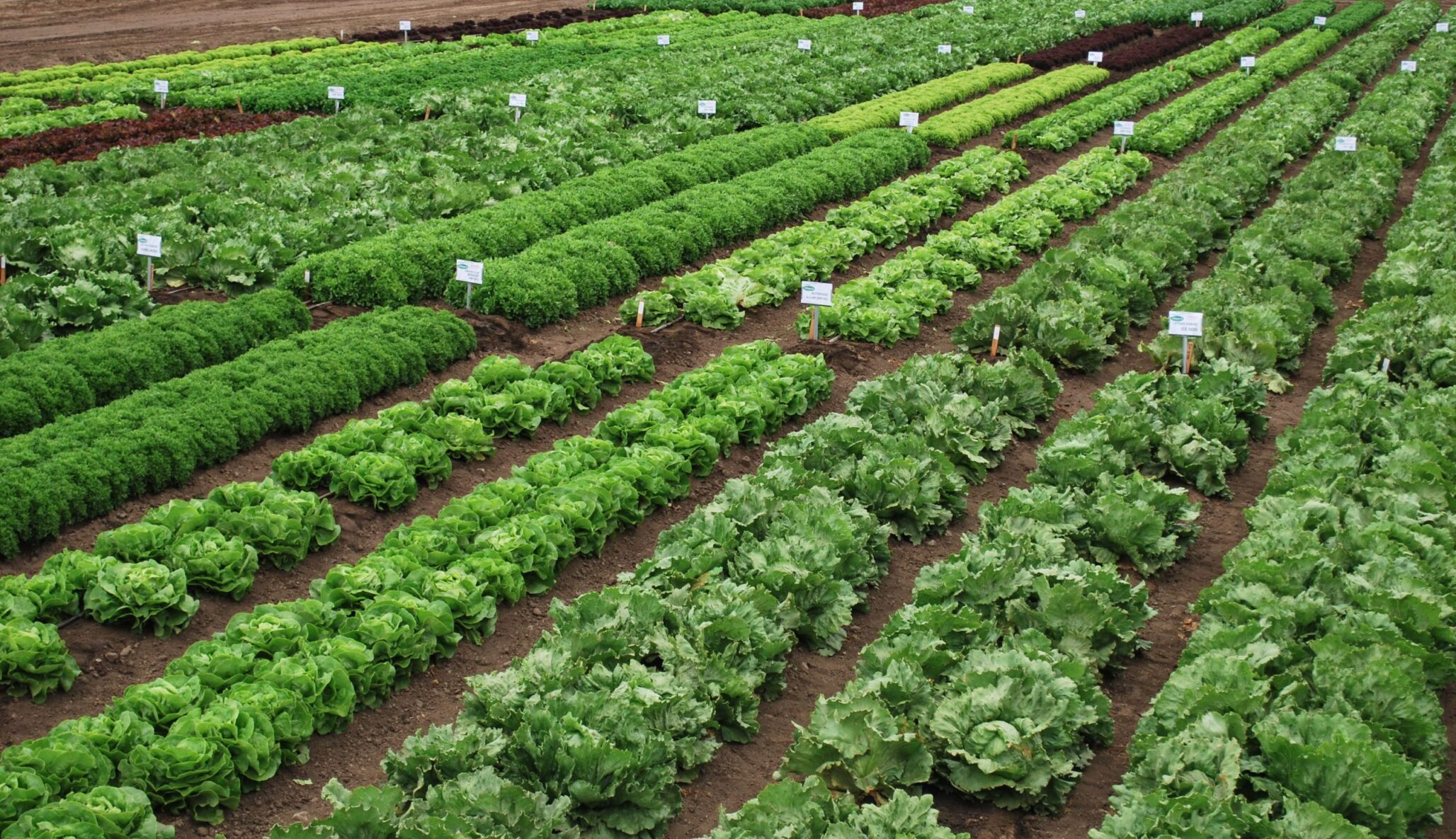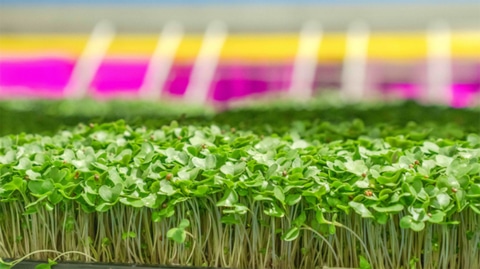General Manager Marcel Raats of Vilmorin North America discusses the company’s rich history of growth.
If you’ve heard anything about leafy or brassica crops lately, the name Vilmorin-Mikado was probably closely following the discussion. You might know Vilmorin North America as the name of one of the few vegetable and specialty seed subsidiaries, but what you might not know is the rich history the company has that branches out so much further than just this one area.
“We’re not as typical as a regular subsidiary,” says Marcel Raats, General Manager of Vilmorin North America. “We’re breeding, producing and processing seeds not only for our own market, but also for some export markets — we’re more than just a regular seed retailer.”
Locally, Vilmorin North America has been in the game selling and producing seeds in the U.S. and Canada for a long time.
“Currently, our headquarters are located in Salinas, California,” Raats says. “In the past, carrots and some other crops were a major focus. However, Vilmorin-Mikado’s intention was always to develop a wider range of products to work with — in particular, we had our sights set on the brassicas and leafy crops.”
From there, Raats shared it was a step-by-step process of acquiring local companies, such as Shamrock, a well-known company in the Salinas Valley in 2002.
“We branched out into brassicas, particularly broccoli and cauliflower, and into leafy greens such as baby leaves, Iceberg, Romaine lettuce, all types of other head lettuces, spinach and specialties like Belgium endive,” he says. “As you can imagine, these two crop groups are now our particular focus, but still offering many other species as well to our customers.”

However, Raats shares that Vilmorin-Mikado’s able to have a wide gene pool also due to their connection not only with the company’s roots in Europe, but also with Asia because of the merge of Vilmorin with Japan’s Mikado Kyowa Seed. Being part of the Limagrain group, Vilmorin-Mikado is also able to distribute brassica varieties from their sister company HM.CLAUSE.
“Saying this, we’re able to bring to the table a lot of different genetics: Asian, European and American genetics,” Raats says. “While it might not be unique, it’s a huge advantage we can offer to our customers.”
What is unique, though, is the fact that Vilmorin North America actually has a direct sales model for their focus crops.
“Instead of working through dealers, we work directly with growers,” Raats says. “We think we can bring added value by having a shorter reaction time. We speak directly to growers to hear of the needs of the people, which allows us to play more easily with availability.”
Not only that, but Raats says they’re able to create easy partnerships and authority with those important customers.
“We have local breeding for both of our specialties — leafy greens and brassicas,” he says. “Ninety percent of leafy greens for the North American market, are produced in California and Yuma. So, we work on breeding in those local conditions, to be close to the market.”
By breeding in local conditions, Vilmorin-Mikado is able to adapt and create flexibility in their varieties because it’s created in the zone of production.
“If a new disease or a new strain, for example, of mildew pops up, our customers will be the first ones to know about it,” Raats says. “Our local breeding gives us the ability to react and start working with varieties to fight that resistance.”
Overall, Raats believes this local presence really gives Vilmorin North America an edge in the market.
“We’re able to see what’s going on, and we can bring new trends to our customers as quickly as possible,” Raats says. “Consumers are always looking for new trends in colors or taste or even shelf-life. We’re able to take those demands and put them into action as quickly as possible once we hear about them.”












